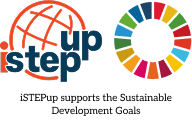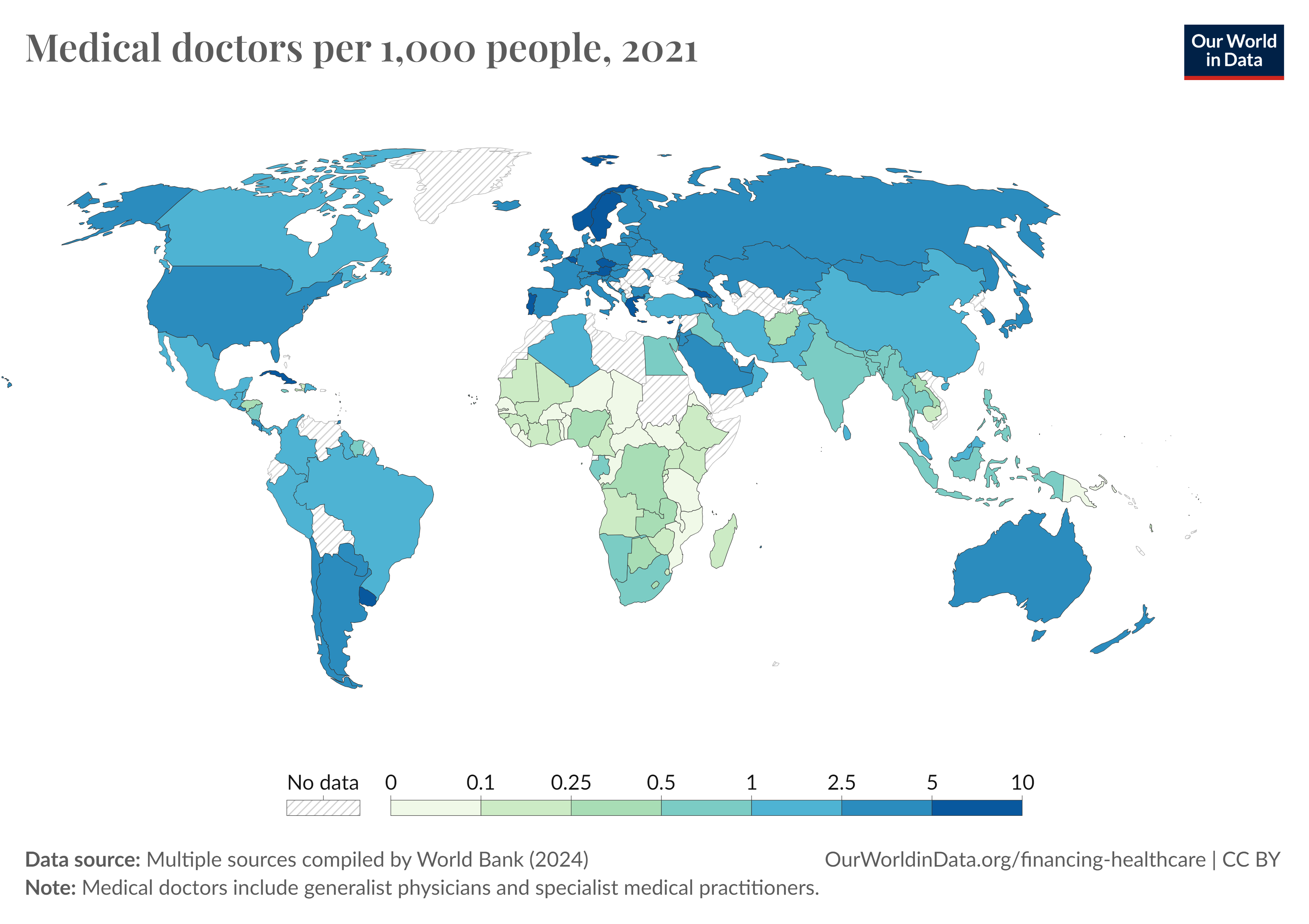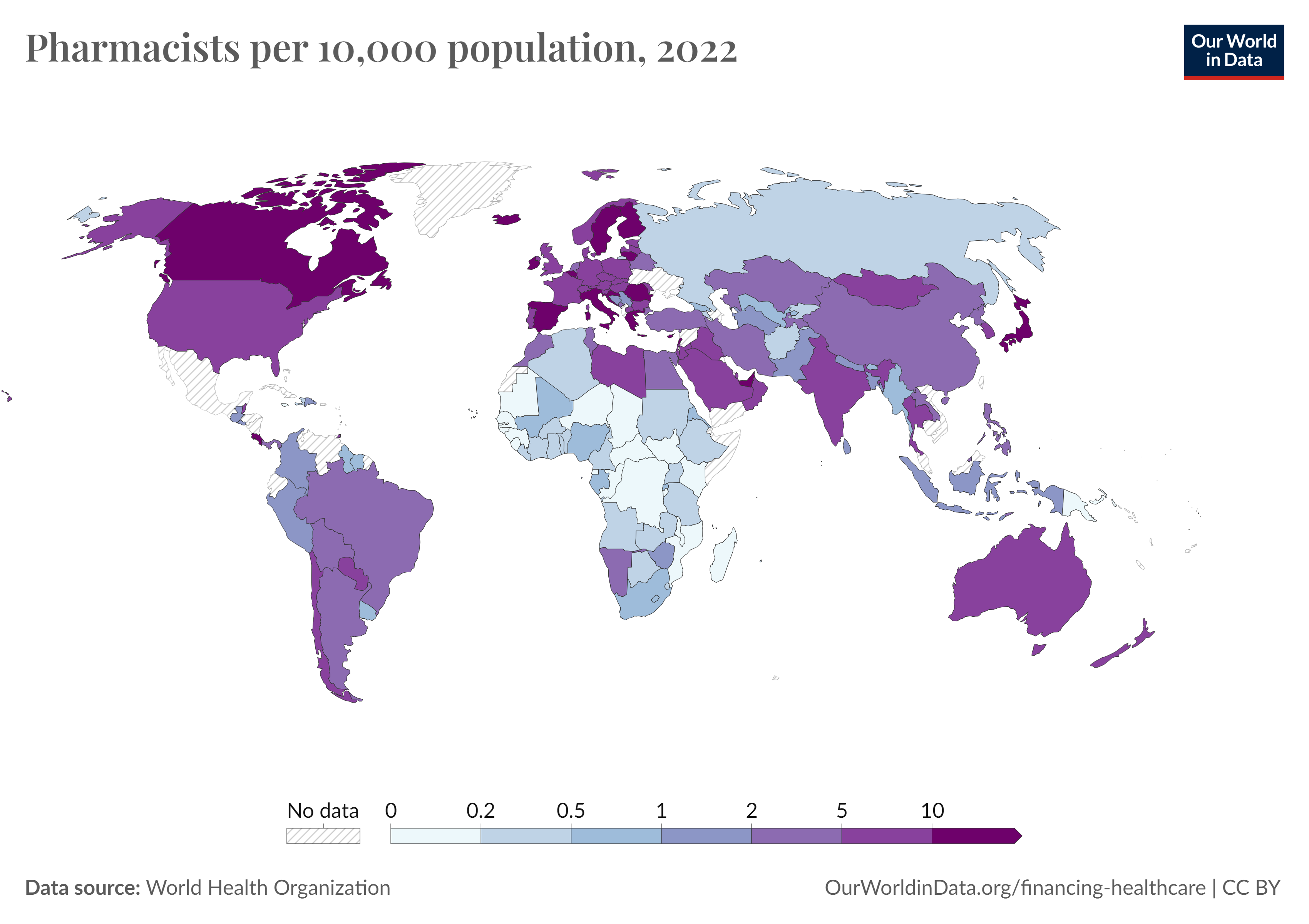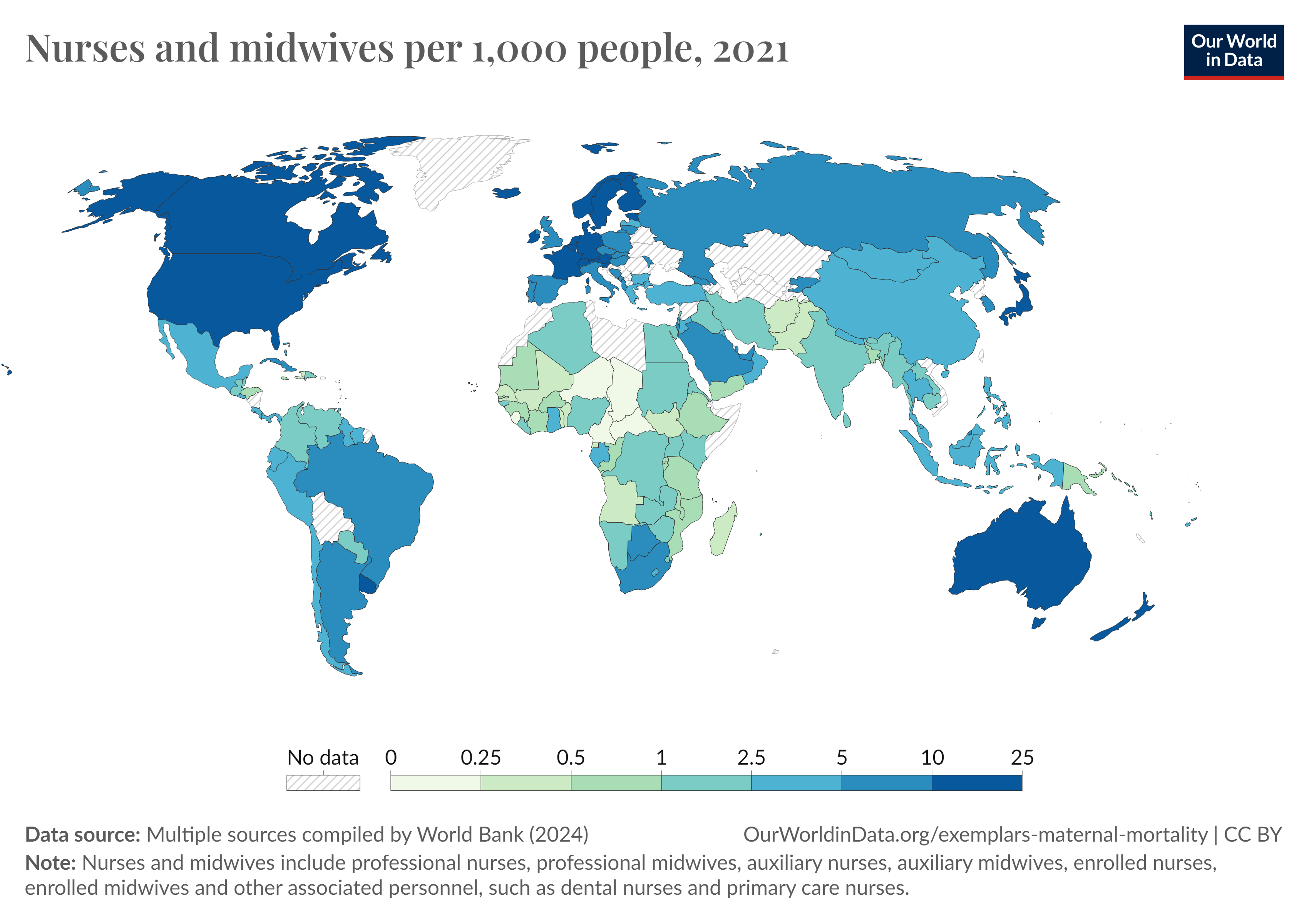Why should I consider to support iSTEPup?
Education is a fundamental resource and a valuable investment to both individuals and communities. In most countries, education is considered a basic human right. In the last few centuries education has expanded greatly across the world, global averages of the number of years of school continue to increase. The world is more educated than ever before. Despite all these improvements, many LMICs (low and middle income countries) are far behind in their development.[1] An increasing amount of scientific research shows that better education reduces poverty by stimulating economic growth and income. It increases the chance of a healthy life, it reduces maternal mortality and combats diseases such as tuberculosis and AIDS. [2] Education promotes gender equality, reduces teenage pregnancies and promotes peace. All in all, education is one of the most important investments that a country can make for the population and for the future. [3]
Tertiary education, also known as higher education, encompasses all courses that follow secondary education such as academic education, high schools and vocational education. [4] According to the World Bank, higher education is becoming increasingly important: it stimulates growth, reduces poverty and promotes shared prosperity. [5] This benefits the individual, and further more society as a whole. [1, 5] People who have followed higher education are more environmentally conscious, have a healthier lifestyle, healthier children, smaller families and pay more taxes. [5] The return on investments in higher education is the highest in the entire education system. Unfortunately, higher education often remains out of the reach of the most marginalized people in the world.
The Sustainable Development Goals (SDGs) contain ambitious goals for ensuring healthy living and stimulating well-being for everyone of all ages. [6] Education is essential for the success of each of the 17 defined SDGs. [2] Research shows that this can best be done by cooperation and supporting local infrastructures. That is precisely the method that iSTEPup strives for; by using existing local training facilities, we want to train health professionals who ultimately promote the well-being of the entire population in their own country.
iSTEPup contributes directly to target 3c and 4b of the SDGs: 
The insightful website of ‘Our world in data’ also shows the density of different healthcare providers per country on a clear world map (see maps below). [7] For example, there is a map for the number of doctors, nurses and midwives, and pharmacists per 1000 inhabitants per country. At a glance you can see where there are enormous shortages of basic care providers, which is what iSTEPup wants to do about it. Interested? Then read the most recent report from the World Health Organization on ‘global strategy on human resources for health: workforce 2030’ and find out why the countries in sub-Saharan Africa in particular need your support in the coming years. [8]
References:
- Our world in data; University of Oxford. Tertiary education. Accessed on December 1st, 2017. Available at: https://ourworldindata.org/tertiary-education
- Global partnership for education. Education. Accessed on December 1st, 2017. Available at https://www.globalpartnership.org/education
- Committee on investing in health systems in Low- and Middle- Income Countries. Investing in Global Health Systems: Sustaining Gains, Transforming Lives. 2014. Accessed on December 1st, 2017. Available at: https://www.nap.edu/read/18940/chapter/1
- Learn.org. What is tertiary education? Accessed on December 1st, 2017. Available at: https://learn.org/articles/What_is_Tertiary_Education.html
- The World Bank Group. Higher education. Accessed on December 1st, 2017. Available at: http://www.worldbank.org/en/topic/tertiaryeducation
- United Nations. Sustainable development knowledge platform. 2015. Accessed on December 1st, 2017. Available at: https://sustainabledevelopment.un.org/sdgs
- Our world in data; University of Oxford. Medical doctors per 1000 people. Accessed on January 27th, 2025. Available at: https://ourworldindata.org/grapher/physicians-per-1000-people
- World Health Organization; report global strategy on human resources for health: workforce 2030. Accessed on January 27th, 2025. Available at: https://iris.who.int/bitstream/handle/10665/250368/9789241511131-eng.pdf?sequence=1





